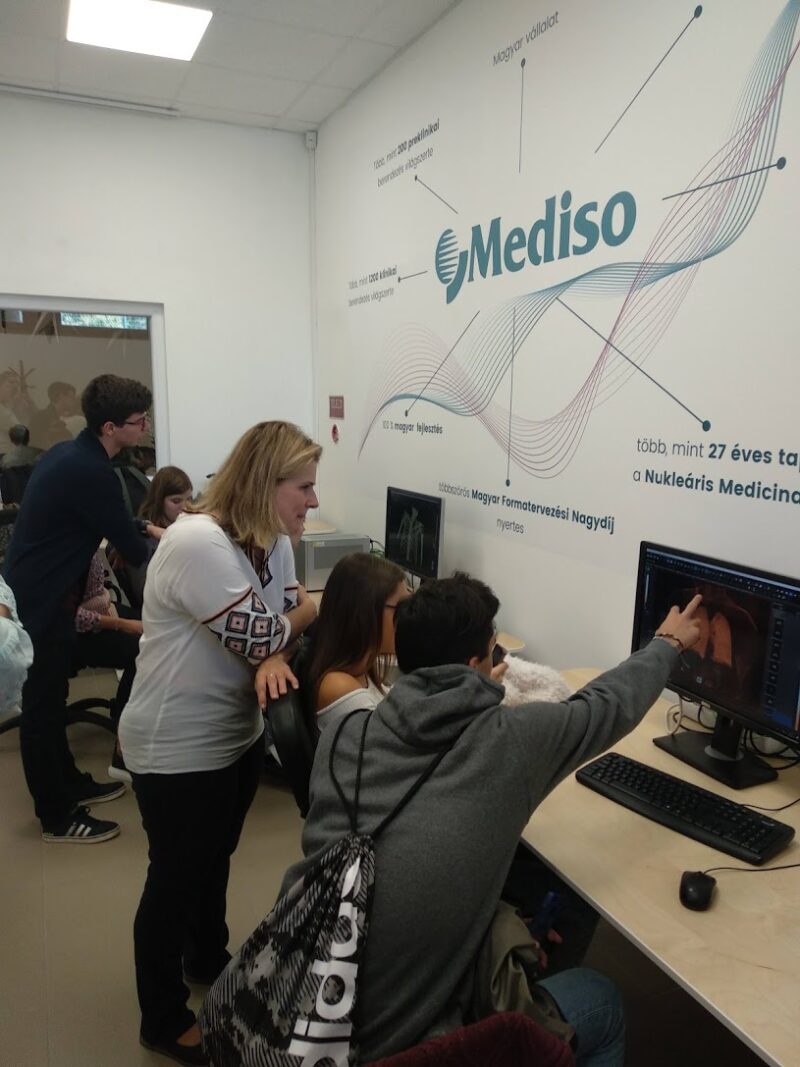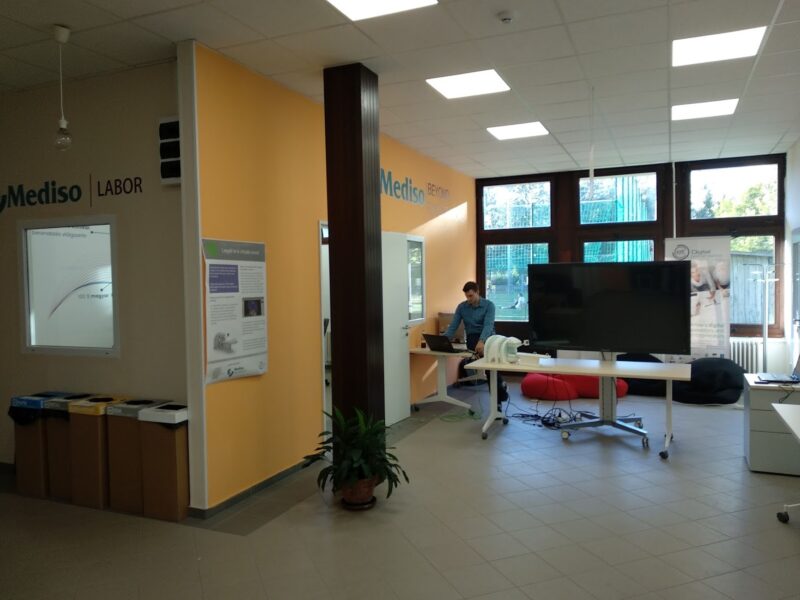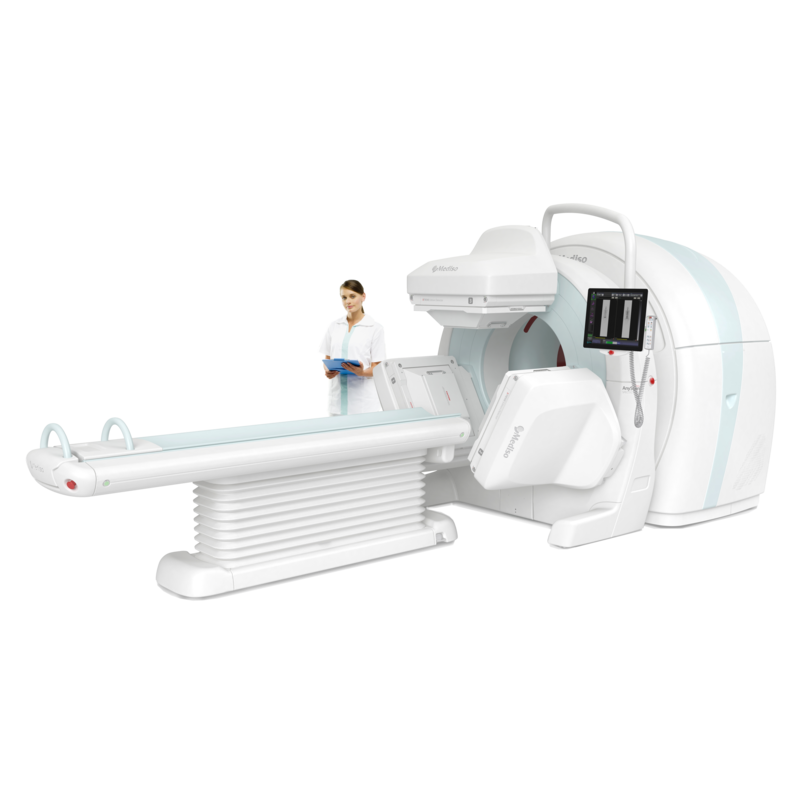About the Laboratory
The research and development project with the cooperation of Mediso Ltd is aimed at further developing of medical diagnostics, including cardiological, gamma-ray based non-invasive imaging procedures and protocols, covering primarily the processing of DICOM standard images.
The connection to the innovation developments is provided by the university to the students via an R&D laboratory interface. Here, in addition to optimizing post- processing procedures, laboratory participants have the opportunity to design and implement a number of new algorithms.
Students can receive credits for participating in the R&D laboratory, and for the best we offer scholarships that are recognized as internships as well. Both BSc and MSc students have a great opportunity to test and deepens their knowledge.

The Innovation Project Laboratory
From 2018, ELTE Faculty of Informatics started a new research and development line on the field of Medtech with Mediso Ltd. The challenges are addressing the advancement of the latest protocols known on the clinical and preclinical fields. Reaching the goals, the Faculty of Informatics now has the opportunity to host this project providing the interface for the students as Innovation Project Laboratory.
The focused topic aims the cardiology solutions, first of all SPECT, gamma-ray based non-invasive imaging techniques. The innovation laboratory uses DICOM standard images. Besides optimizing the post processing steps, the students will need to design and implement cutting edge algorithms as solutions.
In general, all the solutions will need to work on voxelized data without any user interaction from the radiologists. One of the focal problems is the segmentation, where an interesting and informative part of the image needs to be found or cut out automatically. Addition topics to segmentation are where a 3D object spatially need to be oriented in a predefined basis, known as reorientation. These statistics are quite challenging, and in fact, students can test their algorithms for time-varying and preclinical data.
The performance and reliability of the algorithms are crucial on this field therefore the students will get to know the latest GPU technologies and C++ before the start. As a result, the students of the Faculty of Informatics will have the opportunity to join an international and cutting edge research project driven by real market needs at the university.

